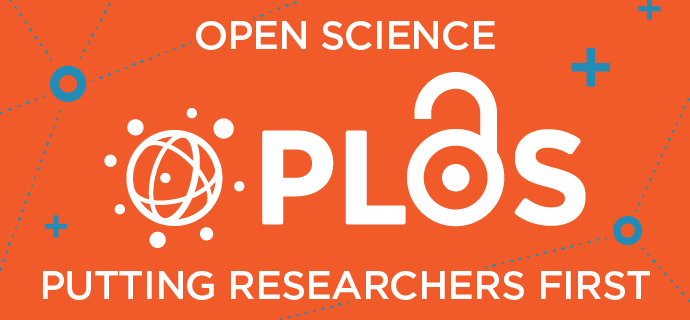Building Trust to Break Down Barriers
Iain Hrynaszkiewicz, Publisher, Open Research, PLOS Note: the following perspective was published as part of Digital Science's annual survey and report, The State of Open Data 2019 , to coincide with global celebrations around Open Access Week. The biggest barrier to research data sharing and reuse seems to be a matter of trust, and in particular trust in what others may do with researchers' data if it is made openly available. The 2019 State of Open Data survey revealed that more than 2,000 respondents had concerns about misuse of their research data. Concerns about data misuse represent a multitude of issues; fears that errors could be found in their work, or that the data could be misinterpreted or research participant privacy be compromised. Researchers might also be concerned that their data will be reused for purposes they did not intend, such as commercial exploitation, or for misleading or inappropriate secondary analyses.1 The 2019 survey provides insights from one of the
